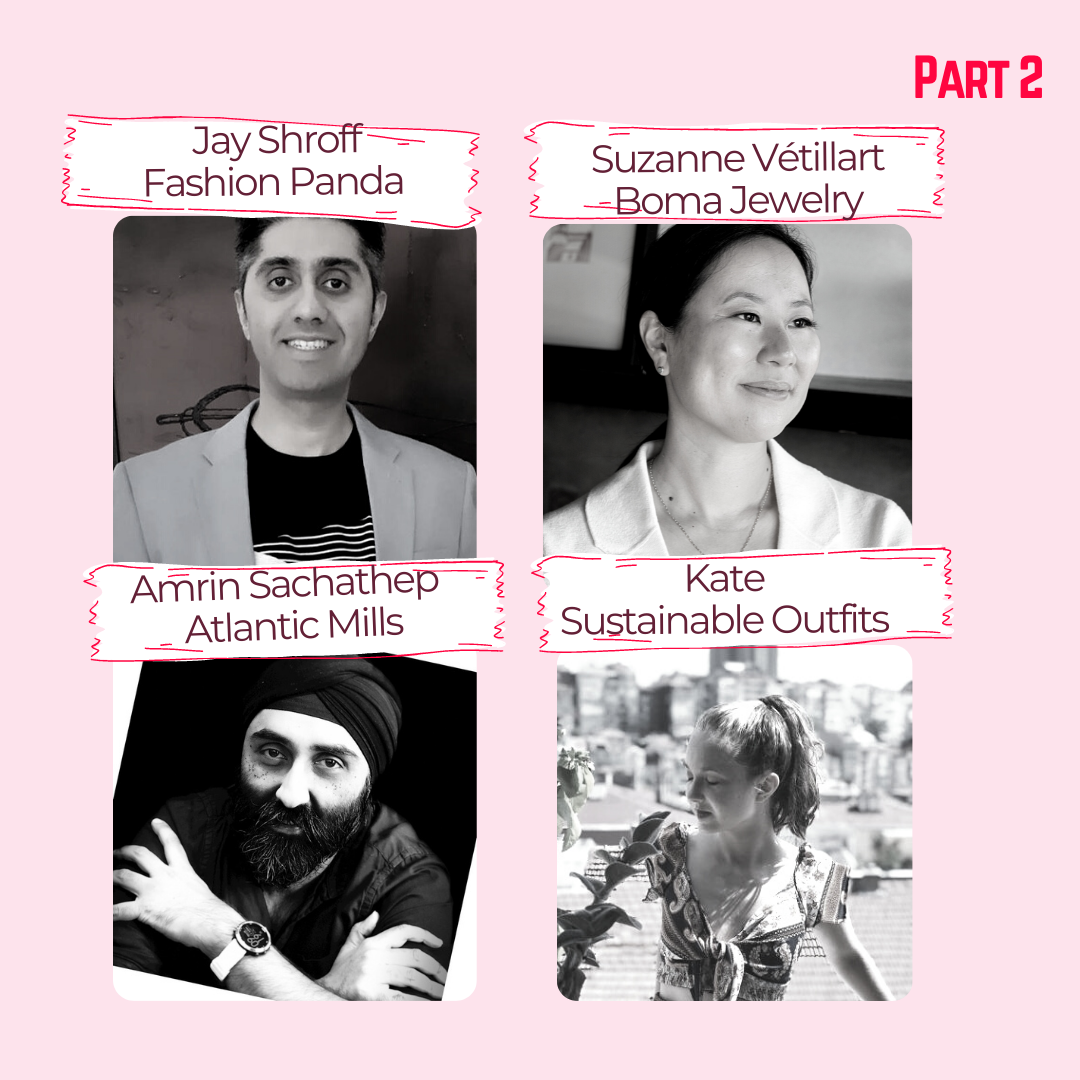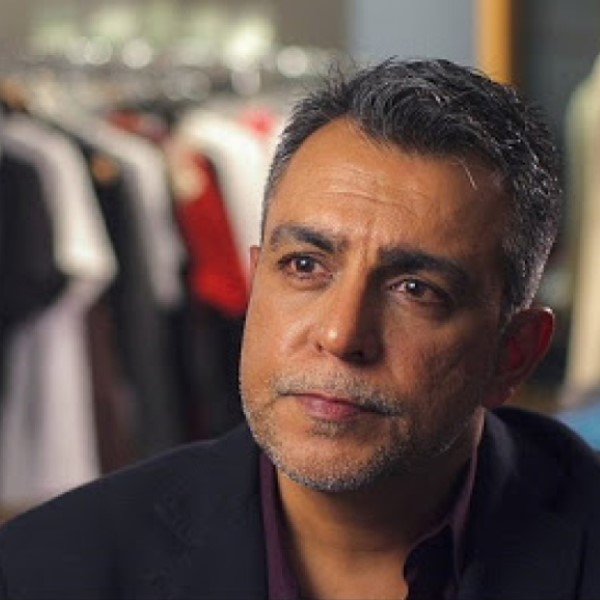This week we have the good fortune of sharing a very open and candid conversation with Nurul Muktadir Bappy. Bappy is from Bangladesh and has been working in the garment industry there since 2011. Though he is now Head of Operations for a sourcing office, he spent much of his career to date working for a manufacturer.
We talk to Bappy about why he decided to enter the fashion industry, and how the industry is perceived within Bangladesh. This brings us into much more conceptual territory about how, as a society and as an industry, we assign value to different types of work. We get into the disconnect between the glamorous world of fashion design and the blue-collar world of production, and how, as sustainability advocates, part of our task is to re-imagine how value is distributed and to elevate the makers of fashion.
We then get into Bappy’s time working with a manufacturer, and a feeling he describes as “seeing that he was on board a sinking ship but not knowing how to stop it.”
Though we have often looked at how an unequal distribution of risk and reward affects relationships between supply chain actors, in this episode take a slightly different angle: how does the broader context within which a factory operates impact the relationships and the dynamics within the factory itself?
Photo by Md Towhidul Islam

[et_pb_section fb_built=”1″ _builder_version=”4.4.7″][et_pb_row _builder_version=”4.4.7″ locked=”off”][et_pb_column type=”4_4″ _builder_version=”4.4.7″][et_pb_text _builder_version=”4.9.7″ text_text_color=”#424242″ text_font_size=”21px” text_letter_spacing=”1px” text_line_height=”1.4em” header_2_text_color=”#632036″] This is part two of the conversation between three manufacturers and...

In this episode, Kim and Jessie are in conversation with Ebru Debbag, the Executive Director of Global Sales and Marketing at Soorty Enterprises Pvt.Ltd....

In this episode we talk to Sanjeev Bahl, founder and chief executive of Saitex, a Vietnam-based jeans manufacturer and certified B-corp that counts Everlane,...